Won't everyone be blocked? A rally in support of the free Internet was held in Moscow
The rally, whose participants protested against the "sovereign Internet", was held today in the center of Moscow, on Sakharov Avenue. An independent calculation suggests that at least 15 thousand people participated in the event. The reason for such a large-scale speech was a bill restricting the use of the World Wide Web, adopted by the State Duma of the Russian Federation in the first reading in February 2019.

The participants of the rally, without hesitating in their expressions, criticized both the bill itself, which restricts the use of the Internet, and personally its author, Senator Andrei Klishas. The protesters brought banners and posters with them, and their main slogan was the resolution "Hands off the Internet". The participants demanded to repeal the Klishas law so that everyone could continue to use the Internet as he likes.
The action took place not only in the capital of Russia, but also in some other cities, where, however, it did not have such a scale. The rally of supporters of the free Internet was organized by the Libertarian Party, whose members last year staged a rally against the blocking of the Telegram messenger, and the Russian Society for the Protection of the Internet.
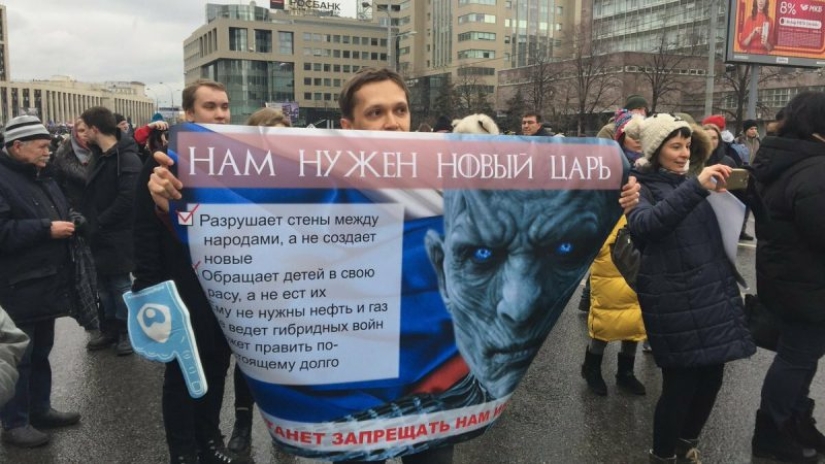
This phrase from the speech of one of the organizers of the rally best explains the essence of what was happening on Sakharov Avenue. Banners of the audience urged to adhere to democratic values and value freedom of speech: "Great Russia is a free Internet", "Isolation is death", "You will not block everyone".
The rally was scheduled to start at 14.00, but by that time the police had already detained at least 8 participants. After a while, one of the activists of the Libertarian Party, Sergei Boyko, announced that he was aware of 15 detainees. Almost everyone caught in the "funnels" were detained with balloons in their hands. They were not taken to the "paddy wagon", so they flew off into the cloudy March sky.
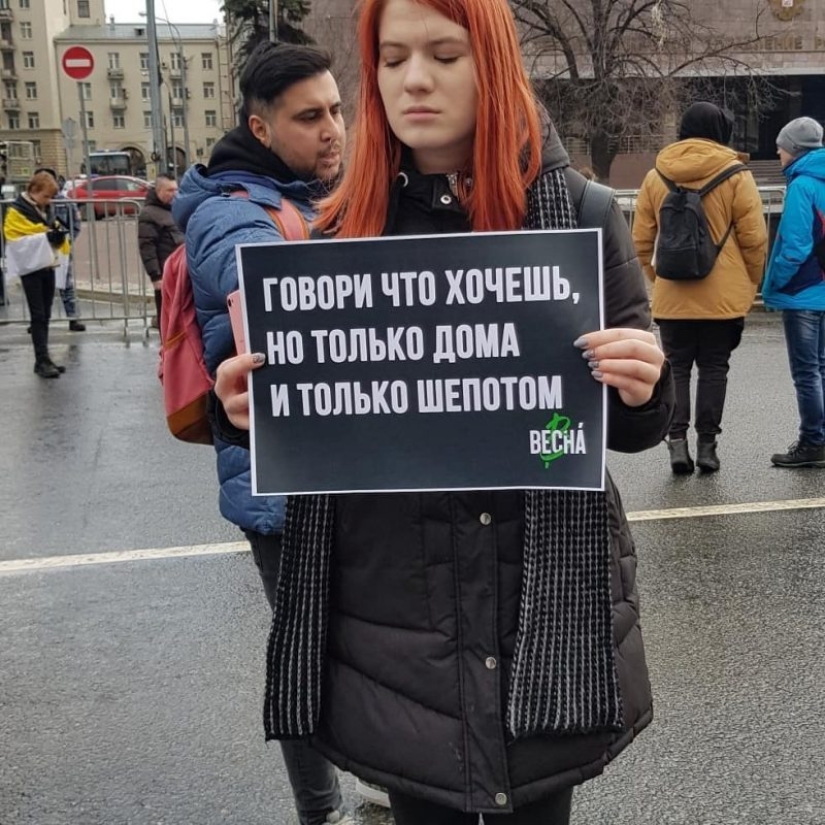
Kirill Samodurov, deputy chairman of the Libertarian Party, clarified that the participants of the rally were detained with the wording "use of aircraft". Mikhail Svetov, one of the organizers of the action, told the press that the police demanded licenses from people with balloons allowing the use of "unmanned aerial vehicles."
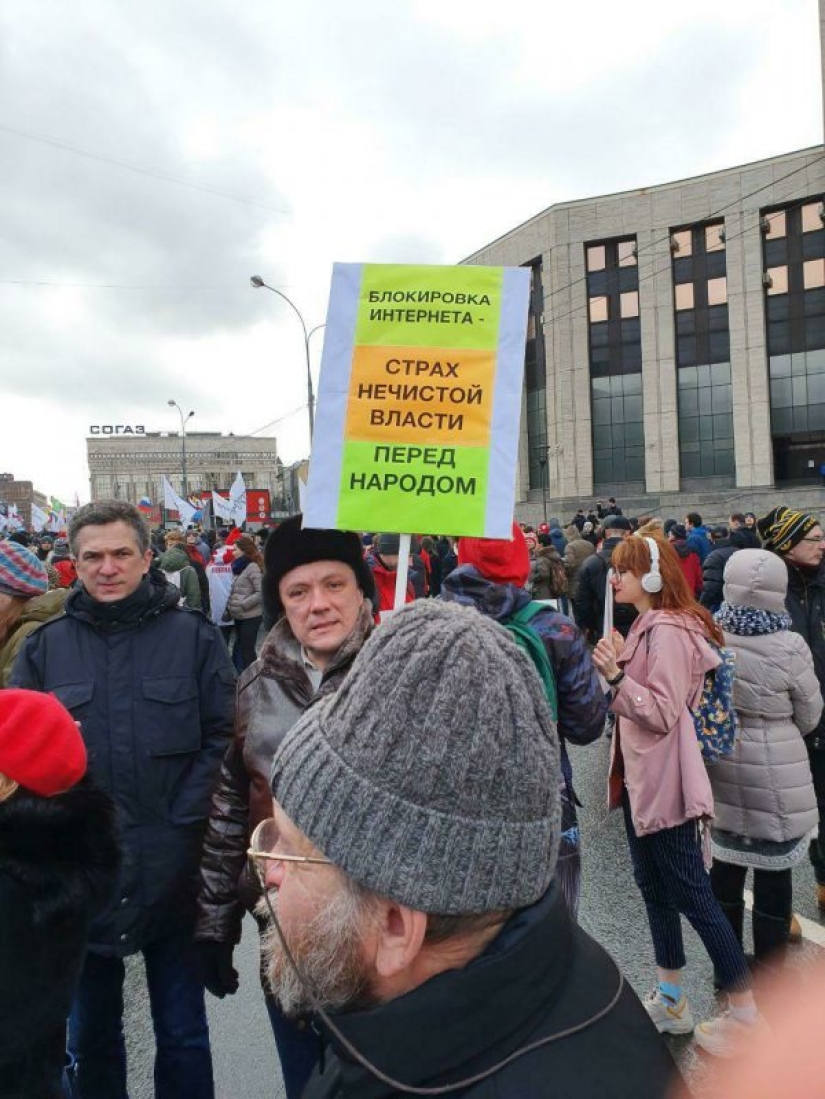
Also, the police did not like the backdrop of the stage and several large banners. Law enforcement officers tore them off and took them away. These actions also caused confusion among the organizers of the rally, since these graphic objects did not contain any prohibited appeals or dubious symbols.
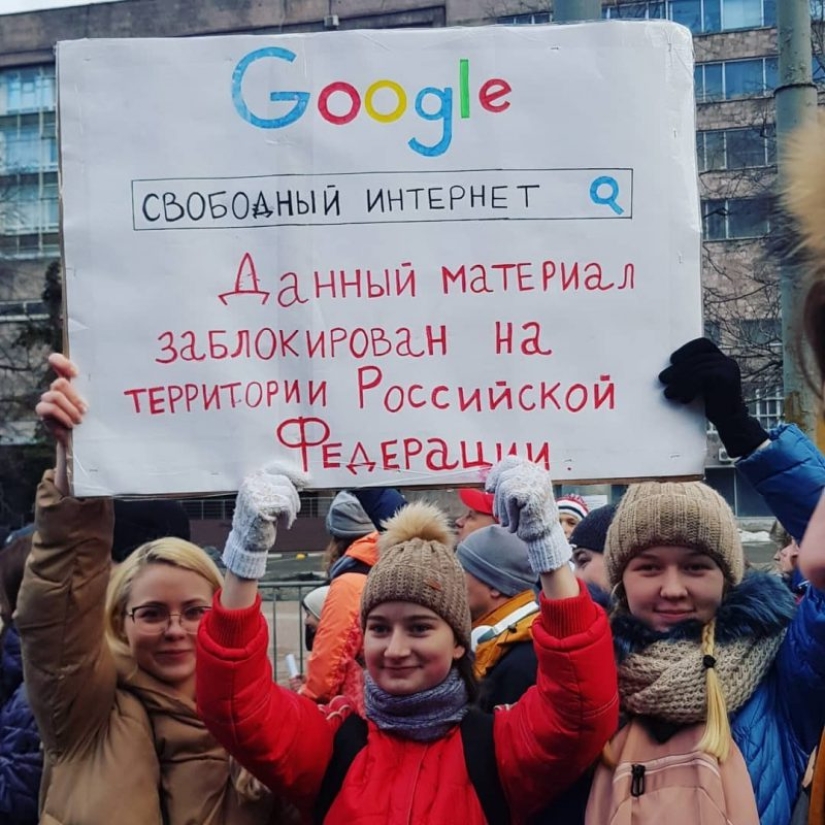
It was not possible to start the rally at 14.00, as the visitors did not have time to pass through the metal detectors, which were clearly not enough for so many people. The situation at the entrance was tense — the police were greatly affected by the nerves of those who had already passed the control, who remained near the frames and chanted "Skip! Skip it!".
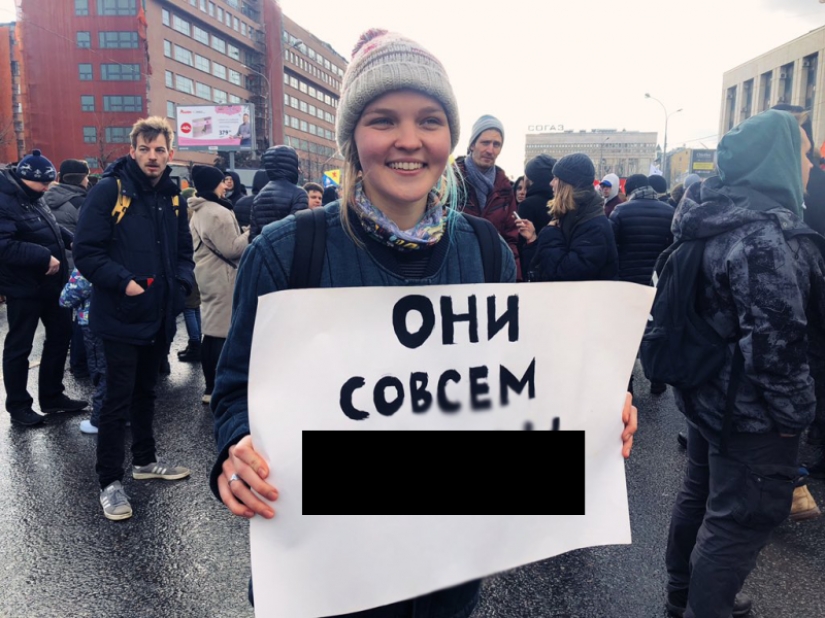
A large-scale action was also planned in St. Petersburg, but the authorities refused to coordinate it. In Khabarovsk, the action was not banned, but there were several dozen conscious Internet users in the city. Rallies were also held in Omsk, Irkutsk and Voronezh.
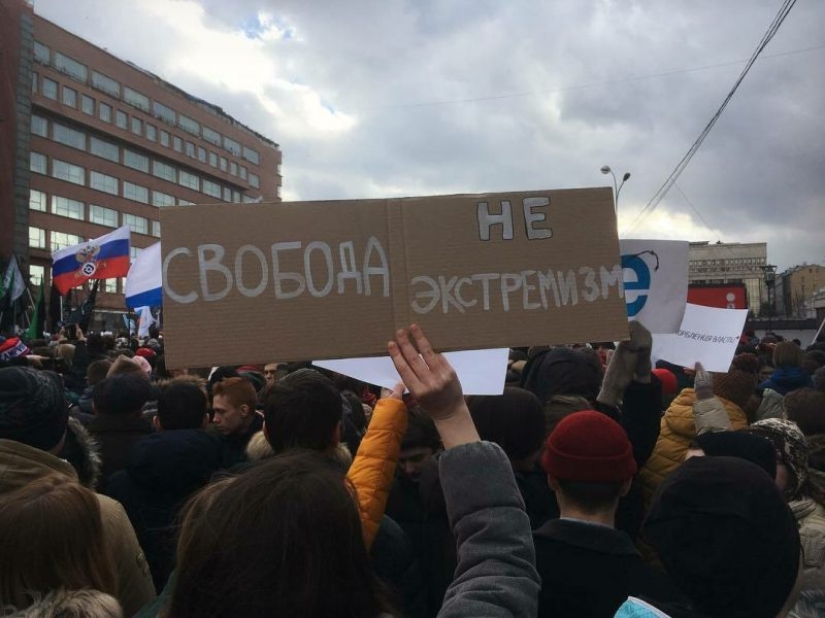
Why are Russian Internet users so outraged? On February 12, the State Duma approved in the first reading a bill authored by Deputy Andrei Klishas. The bill regulates the routing of traffic in such a way as to limit the exchange of information with other countries as much as possible. The authors of the bill are confident that this will protect the Russian segment of the Internet from cyber attacks and guarantee its operation in the event that the country is disconnected from the global world network. In fact, the adoption of this law means a gradual transition to an internal, local network, like the one that exists in North Korea.
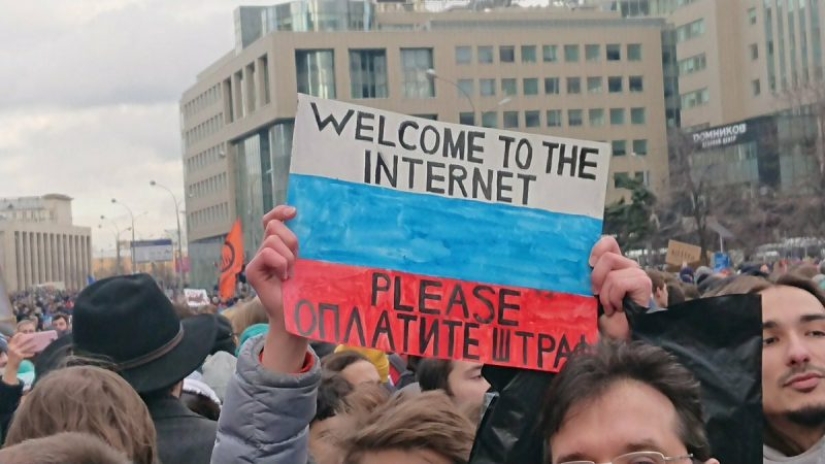
Keywords: Democracy | Internet | Rally | Moscow
Post News ArticleRecent articles

It's high time to admit that this whole hipster idea has gone too far. The concept has become so popular that even restaurants have ...

There is a perception that people only use 10% of their brain potential. But the heroes of our review, apparently, found a way to ...
Related articles

Many guests of the Island of Freedom, barely having time to set foot on Cuban soil, hear from the guides & # 8212; " Have time to ...

China is undoubtedly an amazing and bright country that has made a big step forward in the field of technology and lifestyle in ...

All we often see on the Internet pictures of girls in beautiful, and sometimes, even the ideal outfits. Men salivate at the sight ...

New Year's is a time to surprise and delight loved ones not only with gifts but also with a unique presentation of the holiday ...